Peaceful Fruits – Acai Berry Fruit Snacks
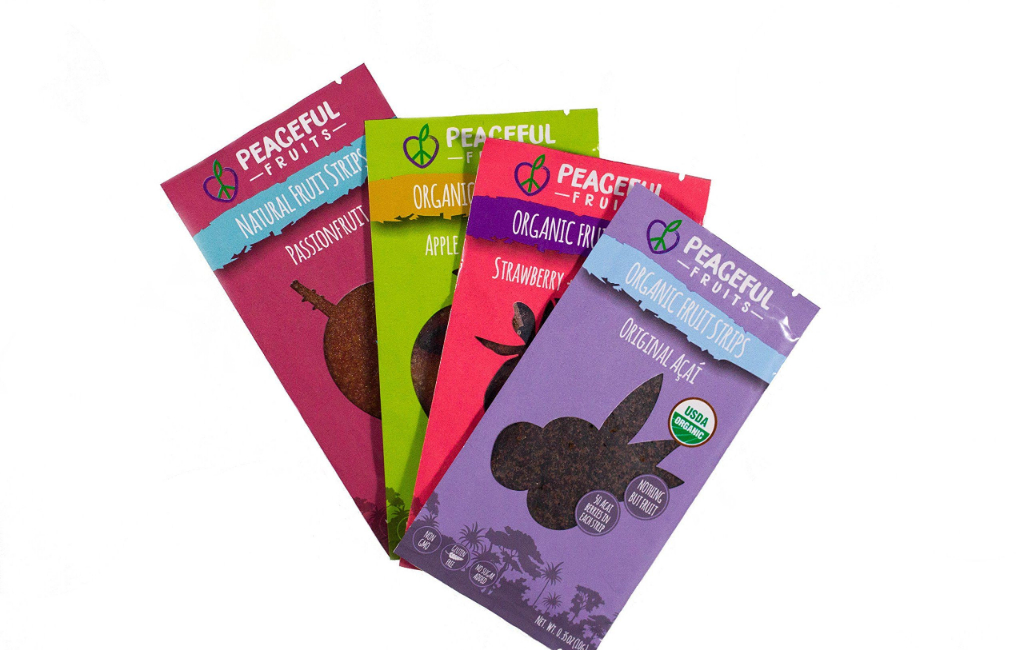
NO DEAL
EPISODE SUMMARY
🕓 Air Date: February 10, 2017
Asking For:
$75,000 for 20%
Investor:
No Deal
Deal:
No Deal
PRODUCT SUMMARY
Peaceful Fruits offers fruit snacks made from acai, sourced through a sustainable process in the Amazon Rainforest, with a social enterprise model to empower local communities.
WATCH HERE
IN A RUSH?
Click these to jump to the section you want to read.
Background Story
Peaceful Fruits, rooted in the vision of founder Evan Delahanty, intertwines a compelling background story with a commitment to social and environmental responsibility. Evan, hailing from Akron, Ohio, embarked on a transformative journey as a Peace Corps volunteer in the Amazon Rainforest. Two years spent in Suriname, a small country northeast of Brazil, exposed him to the challenges faced by communities subsisting on meager incomes—inspiring the foundation of Peaceful Fruits. During his time in the Amazon, Evan identified a unique opportunity in the superfruit acai, abundant in the region.
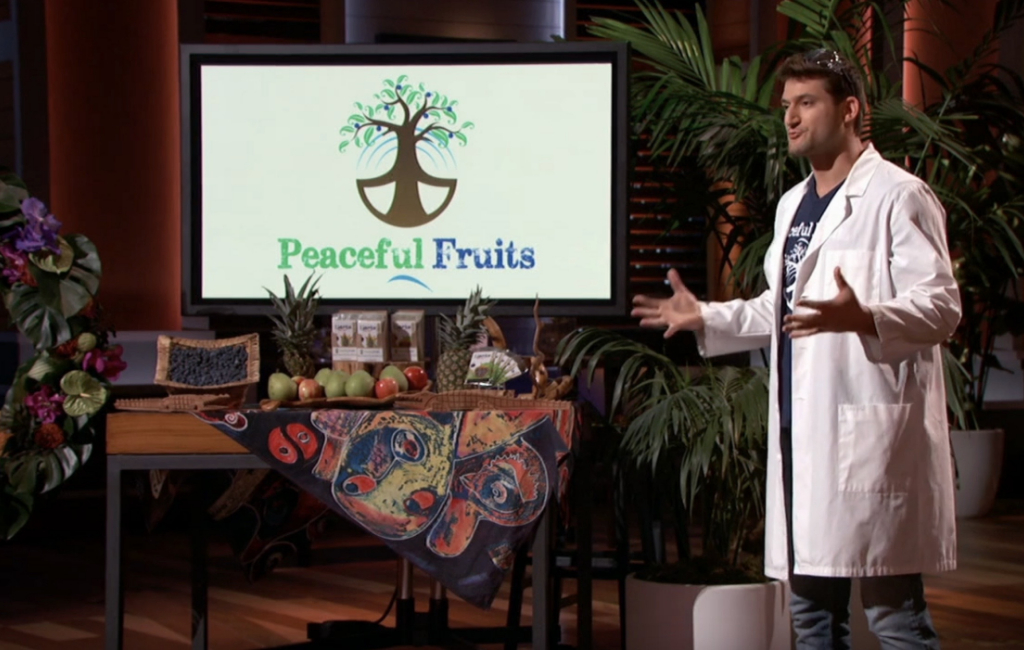
Motivated by a desire to create a positive impact, he formed partnerships with local communities to responsibly harvest acai berries, not only providing a sustainable source of income but also contributing to the preservation of the rainforest. This experience laid the foundation for Peaceful Fruits, a company committed to both nutritious snacking and social enterprise. Returning to Akron, Evan established the company with a purpose-driven mission. Peaceful Fruits manufactures its snacks in collaboration with individuals with disabilities, creating a socially inclusive and environmentally conscious production process.
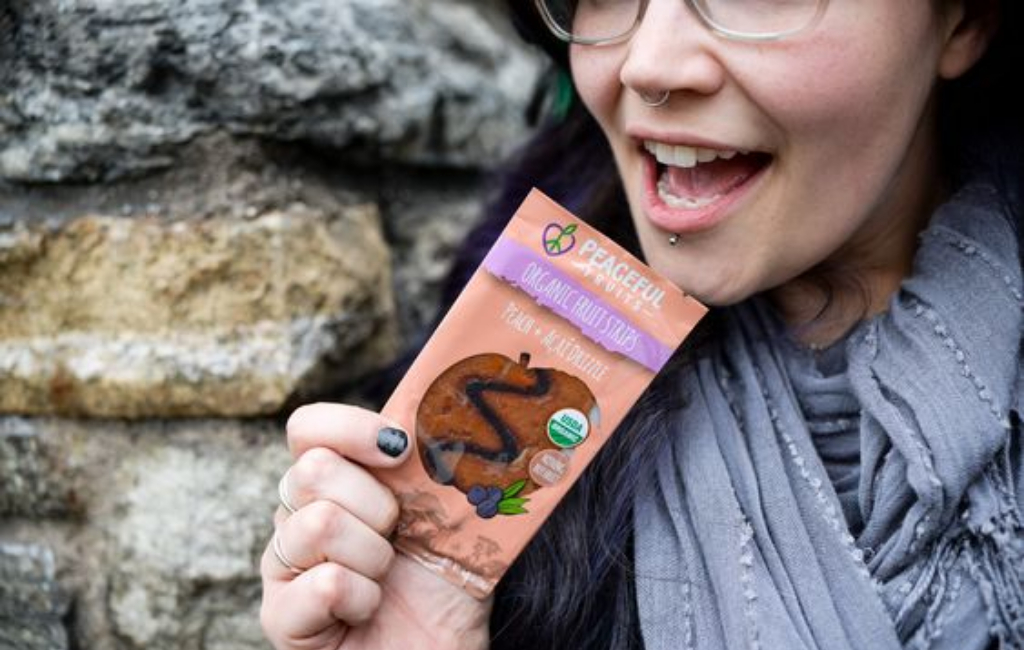
The company’s location in Akron becomes a focal point of social responsibility, adding a layer of community impact to the business model. Evan’s background as a Peace Corps volunteer, coupled with a dedication to sustainable practices, serves as the driving force behind Peaceful Fruits. The fusion of his experiences in the Amazon Rainforest and the commitment to social enterprise shapes not only the products but the ethos of the company. As Evan endeavors to make fruit snacks great again, Peaceful Fruits emerges as a testament to the potential of business to drive positive change both locally and globally.
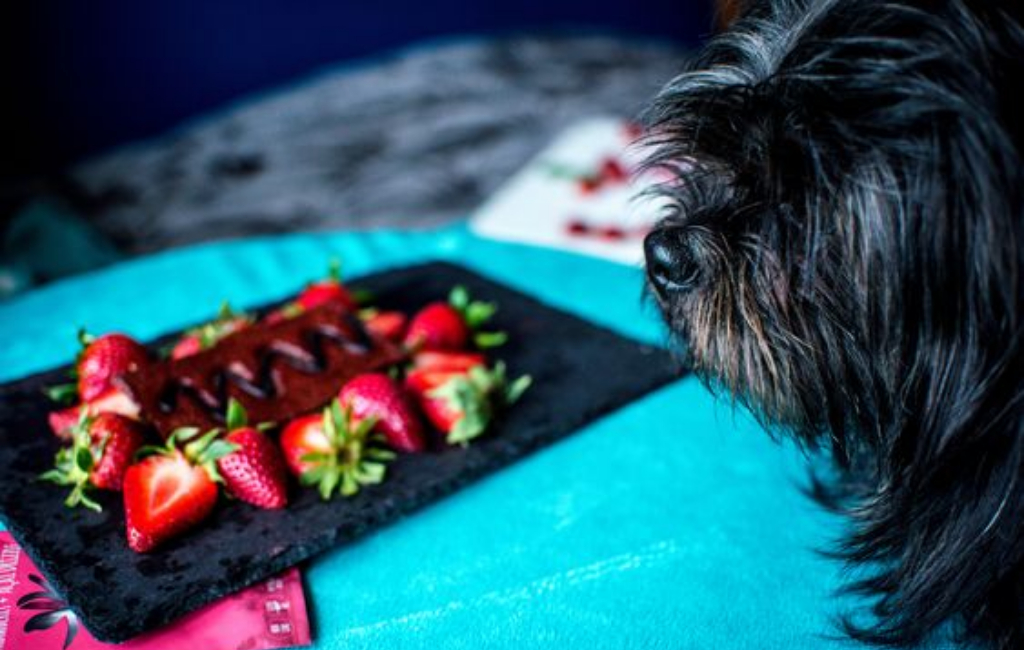
The Product
Peaceful Fruits offers a unique line of fruit snacks distinguished by their simplicity, purity, and social impact. The main ingredient, acai, is sourced directly from the Amazon Rainforest, where it undergoes an all-natural, trade-secret production process in Akron, Ohio. The snacks come in two enticing flavors: acai pineapple and acai apple.
These snacks stand out not just for their delicious taste but also for their health benefits. Acai, renowned as a superfood, is a rich source of antioxidants linked to cancer prevention and anti-aging. Peaceful Fruits emphasizes the exclusion of additives, ensuring that consumers receive a wholesome, guilt-free snacking experience. The production process involves collaboration with individuals with disabilities, making it a socially inclusive endeavor.
The snacks have gained shelf space in major retailers, including Whole Foods and Giant Eagle Market District, providing accessibility to a broader audience. To promote the product, Peaceful Fruits relies on in-store demos, introducing customers to the unique combination of flavors and the compelling story behind the snacks. This approach aligns with the brand’s commitment to not just providing a tasty treat but also fostering a sense of social responsibility with every purchase.
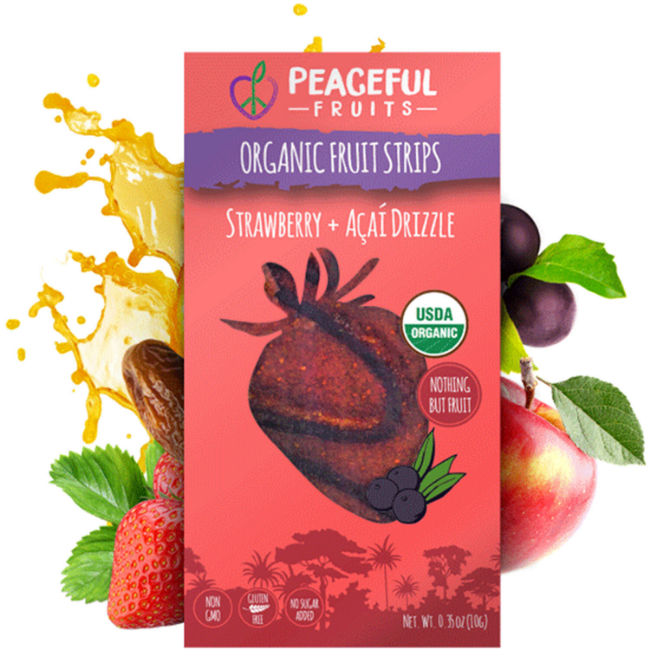
How It Went
The company’s position before Shark Tank
Peaceful Fruits, despite its relatively modest financial standing, displays promising signs of growth and resilience. With a total sales figure of approximately $20,000, the company has secured a notable achievement by gaining approval for retail placement in prominent stores like Whole Foods and Giant Eagle Market District. These partnerships signify a strategic entry into the market, providing Peaceful Fruits with a platform to reach a wider audience, especially in the Ohio region.
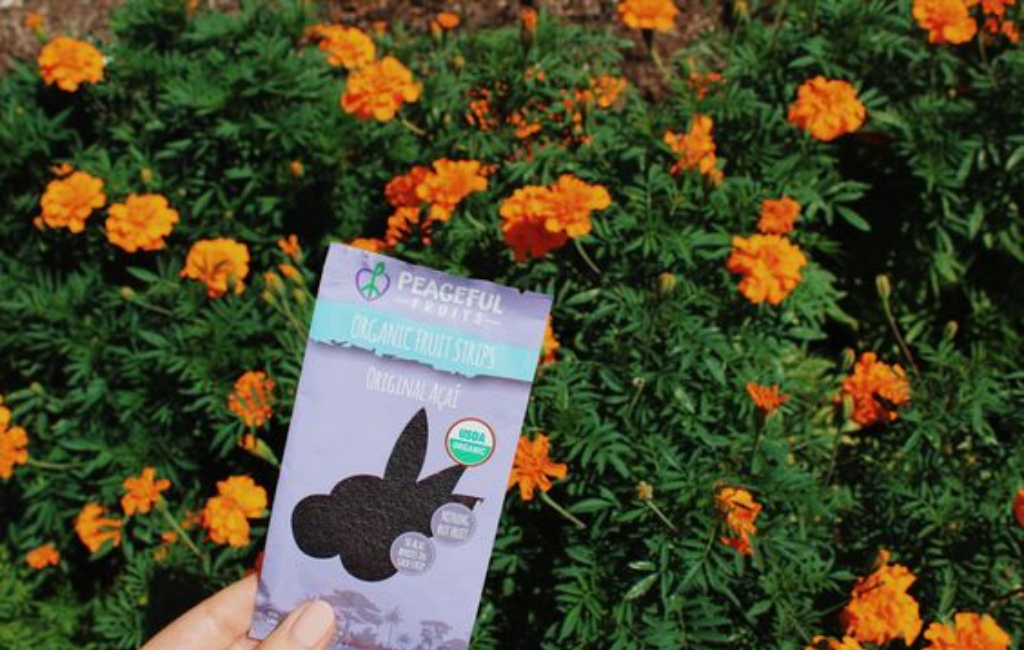
The company’s commitment to social enterprise is reflected in its collaboration with individuals with disabilities in an industrial kitchen in Akron, Ohio. This inclusive manufacturing process not only aligns with the brand’s ethos but also contributes to the local community. Securing Whole Foods as a retail partner is a significant milestone, opening doors to a discerning customer base interested in health-conscious and socially responsible products. The approval from Whole Foods, coupled with an impending launch with Giant Eagle Market District, indicates a positive trajectory for Peaceful Fruits.
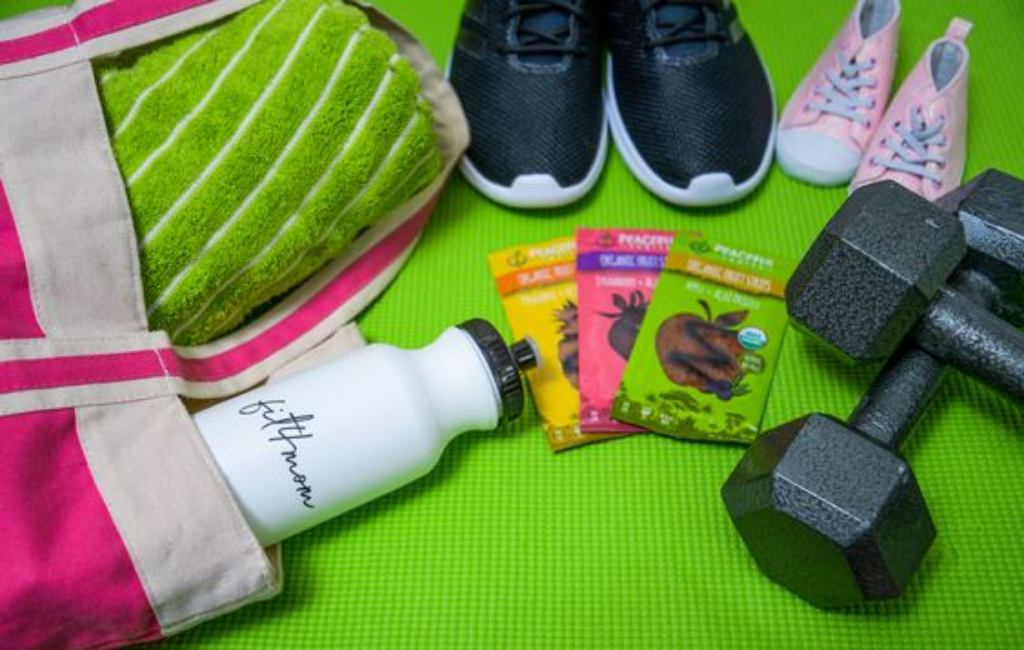
In terms of funding, details about the company’s current financial structure and available capital are not explicitly provided in the pitch. It appears that the $75,000 sought during the pitch did not materialize, as the entrepreneur left the Tank without a deal. Peaceful Fruits may be relying on a combination of sales revenue, potential investment offers outside of the televised pitch, and other funding avenues to sustain and expand its operations.
The Negotiations:
The negotiations for Peaceful Fruits in the Shark Tank were characterized by a sincere commitment to social enterprise, a unique product offering, and a quest for investment to drive growth. Evan Delahanty entered seeking $75,000 for a 20% equity stake in his acai-based fruit snacks company. However, the Sharks, while acknowledging the social impact and applauding Evan’s dedication, had reservations about the scalability and marketability of the product. Mark Cuban, already invested in a fruit-snack company, declared himself out early in the negotiations, expressing concerns about potential competition in the space.
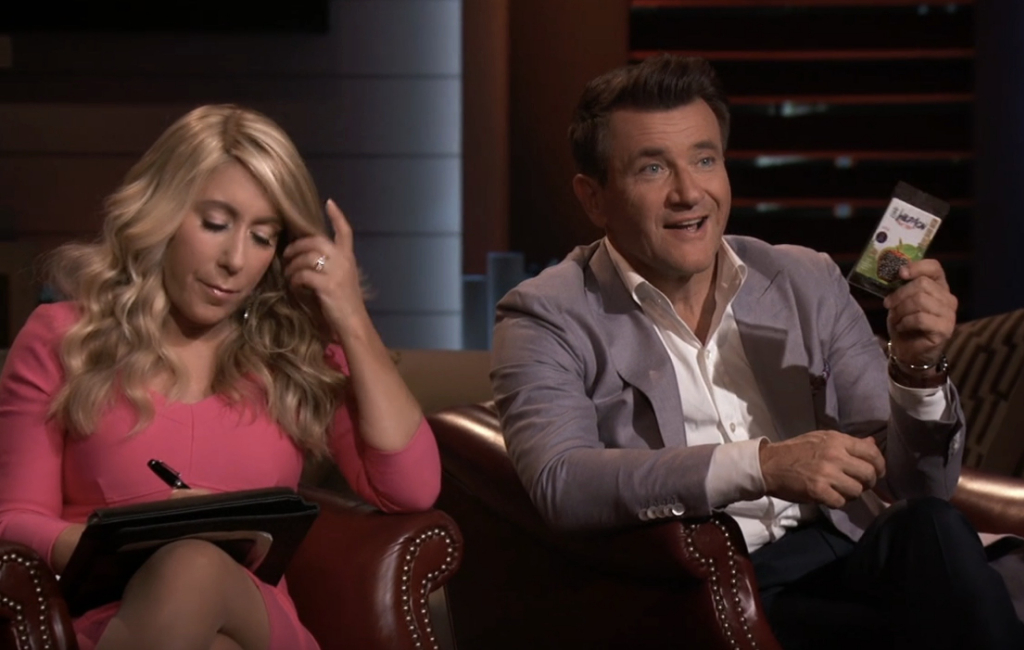
Kevin O’Leary, known for his shrewd business sense, also bowed out, emphasizing the challenges of entering a highly competitive market with a product that needed to stand on its own merits. While the Sharks appreciated the social enterprise aspect, they emphasized the need for the product to be compelling on its own. Lori Greiner and Robert Herjavec, both recognizing Evan’s passion for social impact, ultimately opted out, expressing reservations about the scalability of the venture and the challenges of marketing in a crowded space. Mr. Wonderful offered some strategic advice, suggesting that the deal on the table, $75,000 for 20%, wasn’t enough to propel Peaceful Fruits to a significant scale.
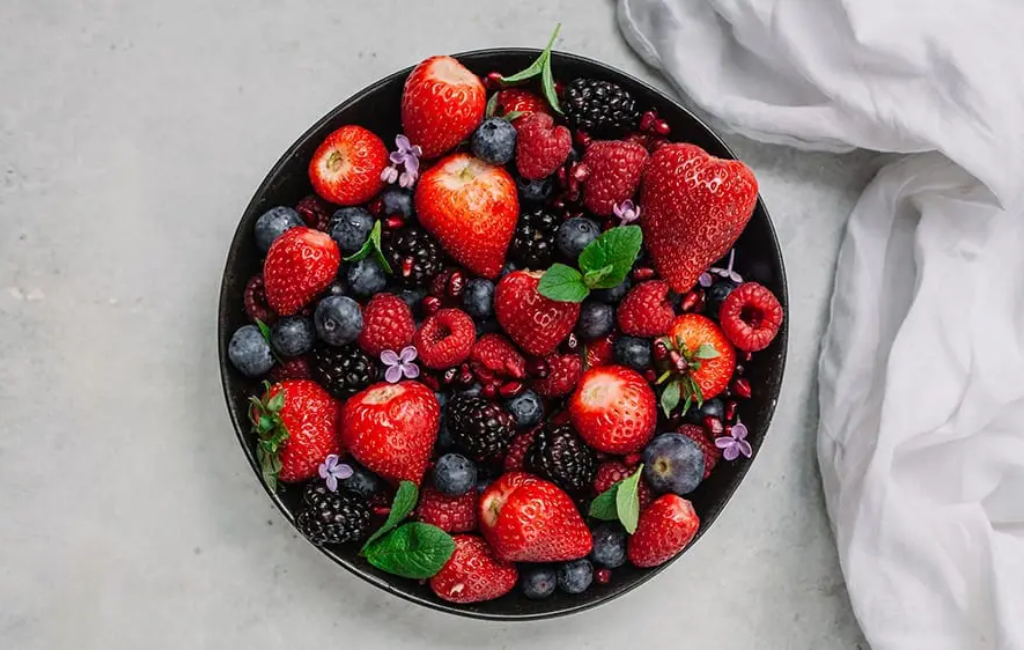
Despite Evan’s openness to adjusting the terms, no deal was struck, and he left the Tank without securing the sought-after investment. However, the Sharks commended Evan for his dedication, entrepreneurial spirit, and the social impact embedded in the company’s mission, leaving the door open for potential success outside the confines of the Tank. The negotiations, though without a deal, highlighted the ongoing challenges and opportunities for socially conscious enterprises in the competitive business landscape.







